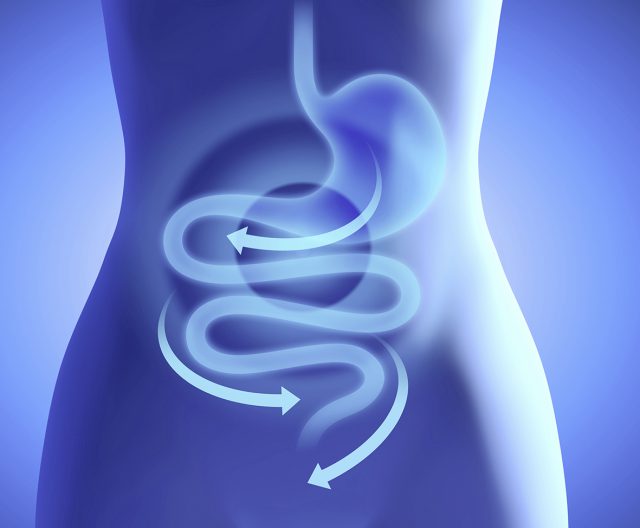Study results show that Beneo’s prebiotic chicory root fibres support digestive health by improving bowel regularity and softening stools, while being very well tolerated, according to two recently published scientific studies based on findings from earlier research.
With up to 30% of the Western population (including children) affected by a low number of weekly bowel movements and hard stools, the potential for using chicory root fibres in this area of digestive health cannot be underestimated.
The first study by Antje Micka et al, shows that chicory root inulin improves bowel function in adults and contributes to improved digestive health.
The second study by Ricardo Closa-Monasterolo et al, focuses on children between the ages of two to five years old and demonstrates that prebiotic chicory root fibres, inulin and oligofructose, support digestive health by improving stool consistency, while being very well tolerated.
Improving bowel movement
The clinical trial conducted by Micka was a randomised, double-blind, placebo-controlled, cross-over design trial of 44 healthy, slightly constipated subjects (self-reported constipation defined as two to three stools per week).
Participants were supplemented with 3x4g/day of Beneo’s chicory root fibre, Orafti Inulin, or placebo (maltodextrin).
The supplements were delivered in a drink form that was consumed together with breakfast, lunch and dinner over a four-week period and after a two-week run-in phase.
The results showed that the prebiotic chicory inulin significantly improved stool frequency per week without resulting in gastrointestinal discomfort.
It also contributed to improved overall wellbeing and satisfaction, evaluated by a validated quality of life questionnaire for constipated people.
The research design followed the European Food Safety Authority (EFSA) guidance documents for studies addressing digestive function (EFSA Gold Standard).
It was also included in Beneo’s dossier for a 13.5 claim that resulted in a positive opinion, as well as an exclusive claim for its prebiotic chicory inulin and digestive health.
Digestion among children
The study by Closa-Monasterolo is the first to show that prebiotic chicory inulin and oligofructose also support normal bowel habits in children between the ages of two to five years old.
It was a randomised, double-blind, placebo-controlled parallel group design.
The children received a 2x2g/day combination of Beneo’s Orafti Inulin and Oligofructose, or placebo (maltodextrin), incorporated into yoghurt or fresh cheese, for a six-week period.
Results showed that the chicory root fibres softened the stools of the constipated children and were as well tolerated as the fully digestible placebo.
While there are a number of scientific studies that demonstrate the positive effects of prebiotic fibres, inulin and oligofructose, in infants and small children (zero to two years old), there was previously limited data on their effect in children between the ages of two to five years old.
This highlights the high level of importance of the recent study results.
Also, this is especially significant because this age group is particularly at risk of constipation due to their change in diet (overall low dietary fibre intake), toilet and potty training, as well as more exposure outside of the home (kindergarten), all of which may influence their digestive well-being.
The physiological mechanisms underlying this digestive support by chicory root fibres are related to their prebiotic effect.
They selectively stimulate the growth of bacteria promoting saccharolytic fermentation, in particular Bifidobacteria and Lactobacilli.
EFSA described the underlying fermentation-driven mechanism in their positive opinion on Orafti Inulin and the improvement of regularity.










